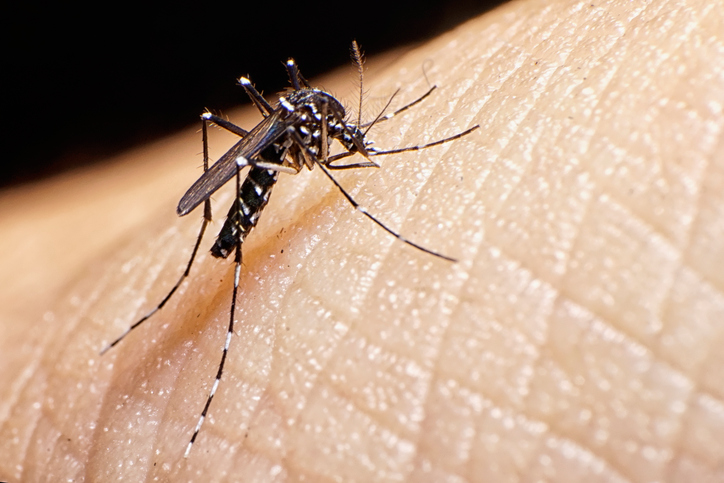The Zika virus was originally discovered in Uganda in 1947. Almost seventy years later, it has now become a cause for concern in many other parts of the world. The current Zika epidemic was initially reported in Brazil in early 2015, and has since spread to numerous countries in the Western Hemisphere, as well as the western Pacific.
As the world has become more aware of Zika, knowledge and research have increased dramatically. In the last 18 months alone, we have learned a great deal about the effects the virus can have on adults and fetuses, ways in which the virus can be transmitted, and possible avenues for containment. Both private and government research facilities are at work on vaccines, and some clinical trials will begin later this year.
If you live in or travel to an area affected by Zika, it’s very important to stay up-to-date. Here are three of the best Zika virus information resources that the Internet has to offer:
Centers for Disease Control and Prevention: Zika Virus
World Health Organization: Zika virus disease
The New England Journal of Medicine: Zika Virus
As with a number of other diseases and viruses, Zika can be transmitted by mosquitoes. Here are some tips for avoiding mosquito bites:
1. Know in advance if you are traveling to a region or climate with mosquito activity.
2. Wear a reliable mosquito repellent with an active ingredient that is recommended by your physician. Reapply it as directed.
3. Wear loose-fitting clothing that covers arms and legs.
4. Avoid areas with standing water.
*************************************************************************************************


